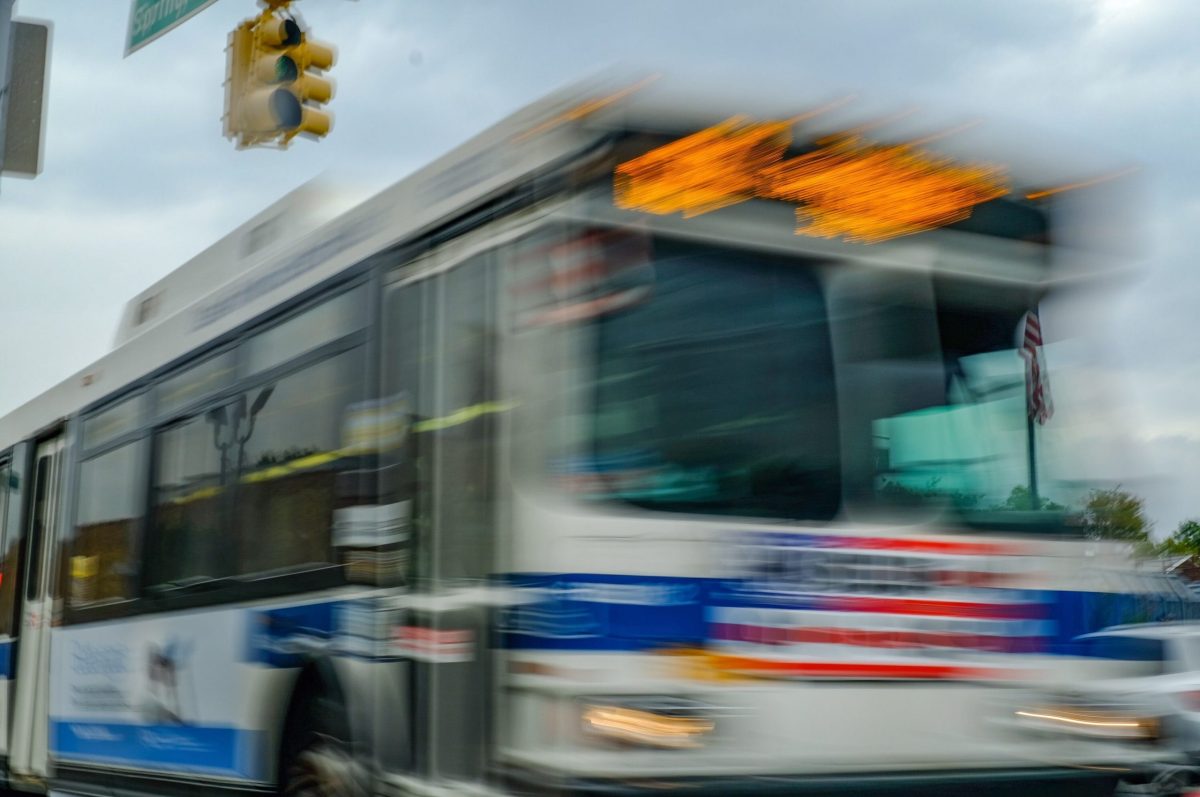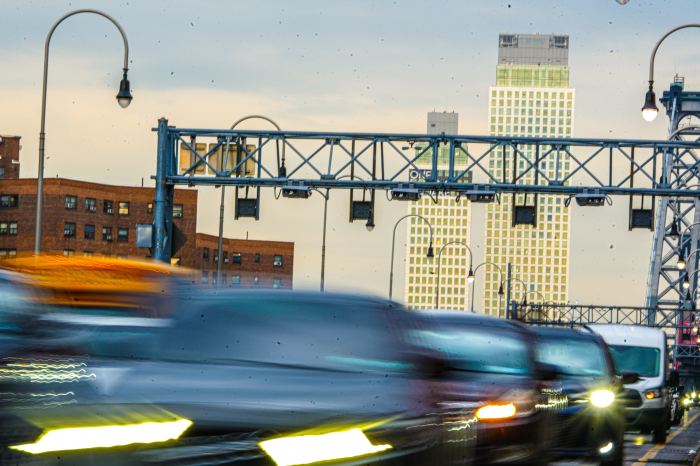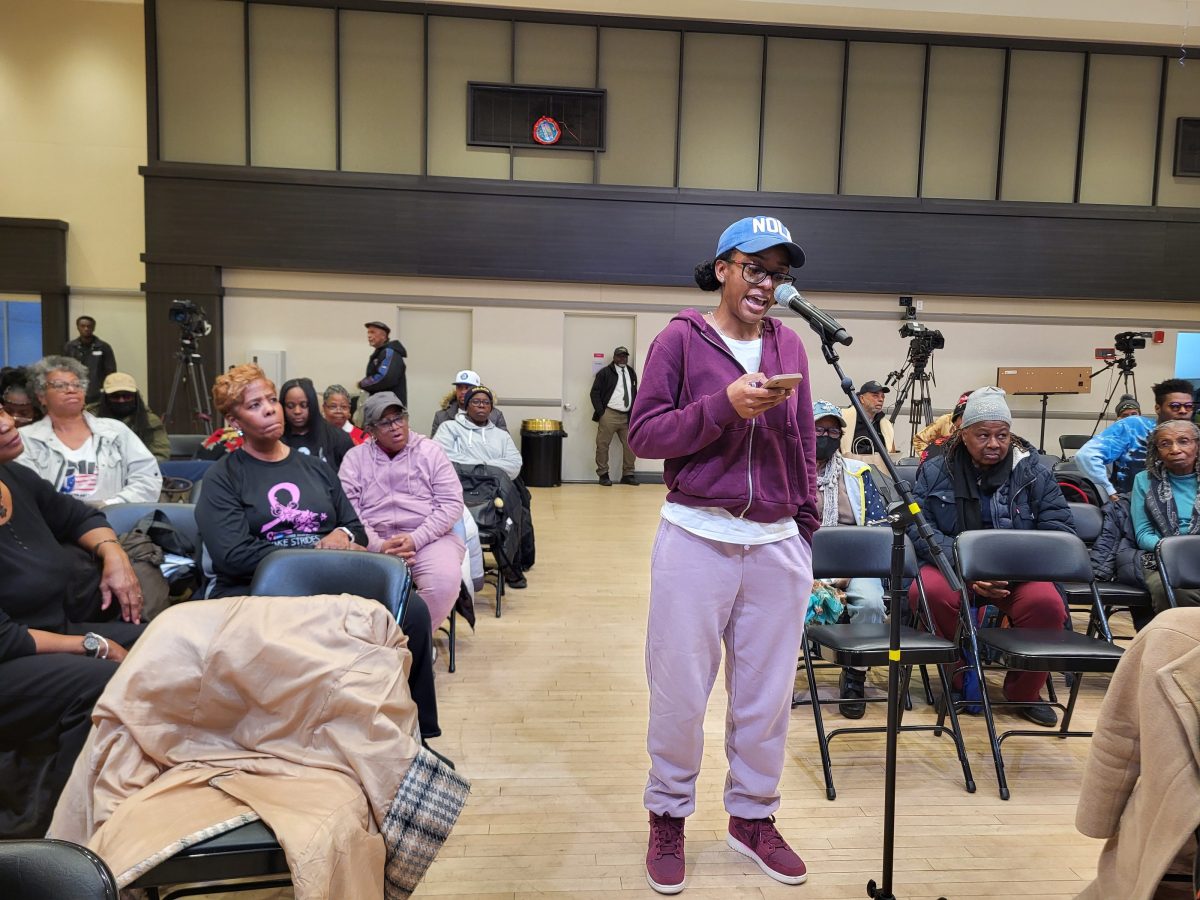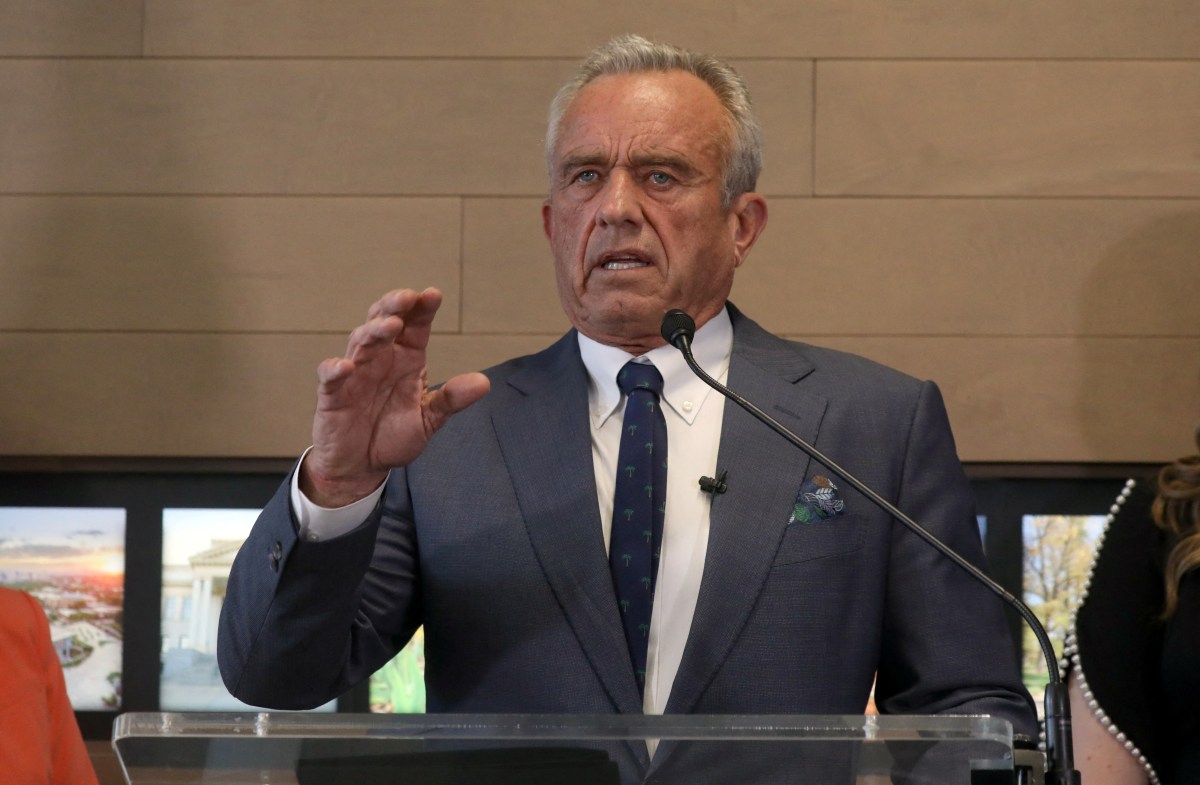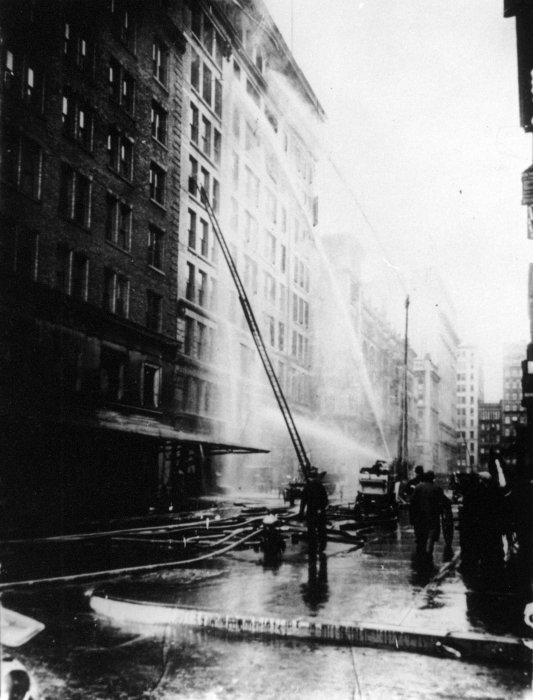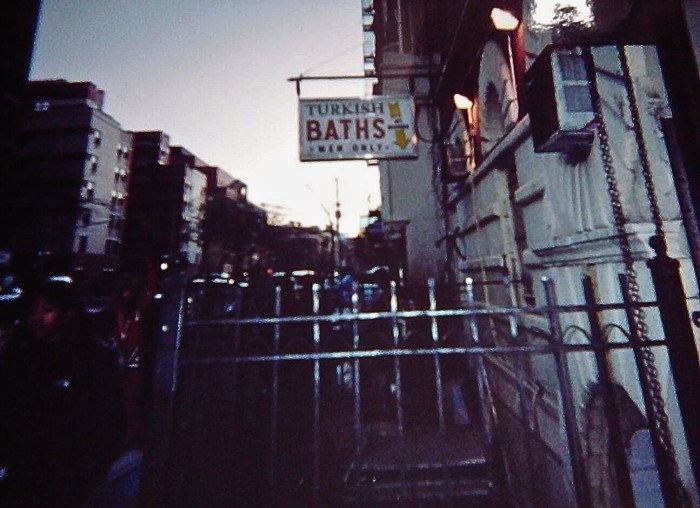Before tackling a full-scale revamp of the entire Brooklyn bus route network, the MTA will focus on a transit study of the Utica Avenue corridor — something they say will inform the greater effort to redesign routes throughout the borough.
With Utica Avenue’s B46 Select Bus Service being one of the most heavily used in the city at 44,000 daily commuters, the MTA will be examining all viable options to relieve congestion such as bus improvements, light rail and subway connectivity.
The agency says a survey of 5,300 residents shows communities along the corridor use bus transit over any other form.
Conducted during the first half of 2019, 42 percent of residents say they use the bus, 38 percent take the subway, 11 percent are put one foot before the other and only seven percent drive a car.
But the MTA is not making any sudden movements toward the Brooklyn Bus Network Redesign, as they plan to study the Utica Avenue corridor throughout 2020. They will hold sessions on the corridor with the local community district through which the avenue runs. The sessions are as follows:
- Thursday, Feb. 13 – Community Board 16, 444 Thomas Boyland Street 7 p.m.
- Wednesday, Feb. 19 – Community Board 18, 1097 Bergen Avenue 7 p.m.
- Tuesday, Feb. 25 – Community Board 8, location TBD 6:30 p.m.
- Tuesday, March 10 – Community Board 3, 1360 Fulton Street 6:30 p.m.
- Thursday, March 19 – Community Board 15, Kingsborough Community College, Room C124 6 p.m.
As the MTA has considered removing buses from downtown Brooklyn in the redesign, which has yet to be completed and only in the very early stages, the ridership information begs the question of whether the agency will avoid the fallout received from the Queens bus redesign plan.
Soon-to-be-former New York City Transit President Andy Byford walked into an ambush of angry Queens residents in Jackson Heights in January when after the bus redesign plan was released.
With residents concerned they would lose bus lines vital to their daily lives, Byford was forced to stand among them in the basement of a senior center and assure them the plan was only a draft.
On Jan. 23, the entire Queens delegation of the City Council came out against the redesign with most members opposing changes in their district. Councilman Barry Grodenchik argued that the bus redesign cut service on Little Neck Parkway and Braddock Avenue as well as throughout Glen Oaks in his eastern district, which offers residents no subway options.
“It eliminates some of the most important and the most utilized bus routes in Jackson Heights and Elmhurst,” Councilman Danny Dromm said. “The proposal will leave riders with mobility issues stranded: it forces these customers to rely on subway stations that are inaccessible. This plan was made with no community input and does nothing to address the many transit issues that plague my district.”
The MTA plans to release their Brooklyn bus redesign plan within the first half of 2020.



